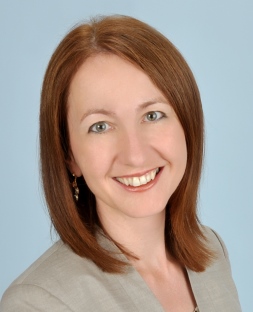Get help now
1.800.738.7328
Thursday, October 26th, 2017
The Crestview Country Club
Agawam, MA
8:30 AM - 4:00 PM

Sabine Wilhelm, PhD
Click here to Register
Course Description:
Body dysmorphic disorder (BDD) is a severe body image disorder characterized by a preoccupation with an imagined or slight defect in appearance. The most common appearance preoccupations involve face or head (e.g., skin, hair), but any body part can be the focus of concern. BDD is a relatively common and often disabling illness with high suicide rates. The purpose of this workshop is to provide information on empirically-validated cognitive-behavioral interventions designed to help individuals with BDD. The presenter will first describe how to correctly recognize, diagnose, and conceptualize individuals with BDD. Participants will then learn a range of therapeutic techniques including: cognitive strategies for delusional and non-delusional BDD, metaphors and mindfulness exercises, strategies to address low self-esteem and over-importance of appearance, novel strategies to reduce common BDD behaviors (e.g., body checking, comparing themselves with others, avoidance behaviors), attentional retraining, and strategies for involving patients’ families. In addition, motivational strategies for helping patients overcome resistance to treatment will be presented.
Learning objectives
At the end of this conference, participants will be able to:
1. List symptoms associated with body dysmorphic disorder (BDD).
2. Describe what would constitute a conclusive diagnosis of BDD.
3. Design a treatment appropriately tailored to individual BDD beliefs, avoidance behaviors and rituals
4. Apply at least 2 patient engagement strategies using a cognitive-behavioral approach to BDD.
5. Apply at least two strategies for enhancing self-esteem and self compassion.
Sabine Wilhelm, PhD, Professor at Harvard Medical School, Chief of Psychology and Director of the OCD and Related Disorders Program at Massachusetts General Hospital. She is an internationally recognized leader in the treatment of BDD, OCD, and related disorders with over 215 publications and 7 books in these areas.
© 2014 Brattleboro Retreat | Privacy Policy | Disclaimer | Sitemap | Hospital Report Card | Directions | FAQs | Contact